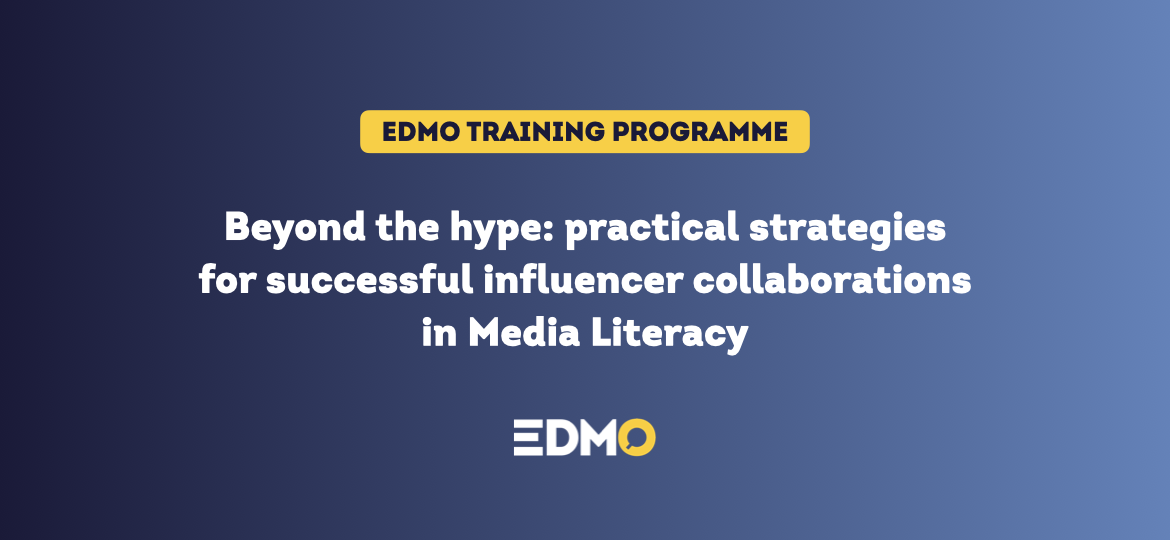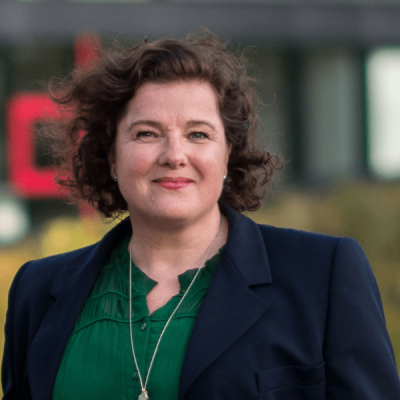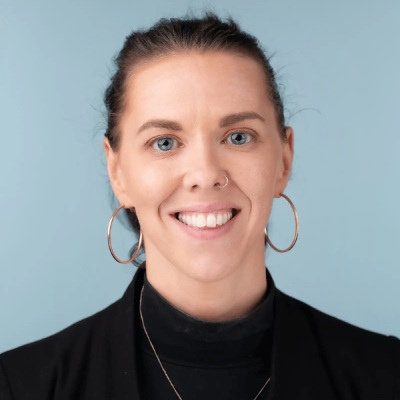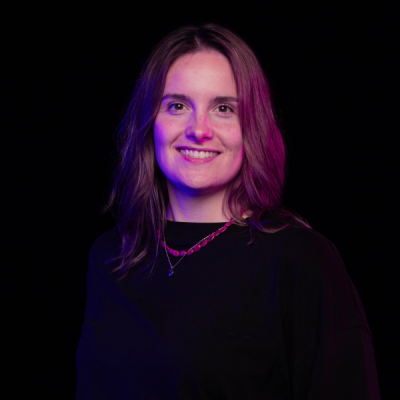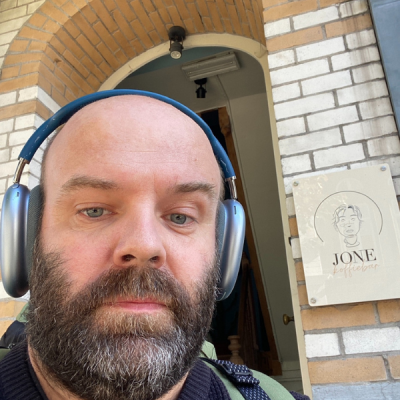In the digital age, influencers and young content creators hold significant influence over youth audiences. By leveraging their reach and creativity and embracing the fact that they represent their generation’s voice, organisations can amplify media literacy messages and create impactful interventions.
On October 25, 2024, EDMO hosted a training session on “Beyond the Hype: Practical Strategies for Successful Influencer Collaborations in Media Literacy,” in partnership with the Media & Learning Association. This event was part of UNESCO’s Global Media and Information Literacy Week and brought together experts to explore the potential of influencers in media and information literacy. The Global Media and Information Literacy Week has been celebrated worldwide from 24-31 October 2024, culminating in a global conference hosted by UNESCO and the Hashemite Kingdom in Amman, Jordan on 30-31 October.
During this training session, four expert speakers shared their insights on how influencers can play a crucial role in fostering media literacy, particularly among younger audiences.
Jane McGarrigle, from Webwise, highlighted how the organization has successfully used influencers to promote digital literacy among teens, parents and educators, which enabled to amplify messages and reach wider audiences. Webwise’s annual campaigns, including those surrounding Safer Internet Day, rely on influencers to deliver key messages in effective formats and through channels that resonate with young people. Webwise also consults directly with young people to select relevant and trustworthy creators for their campaigns. McGarrigle shared practical tips for starting collaborations and effectively working with influencers. The importance of selecting creators whose values align with those of the organization and offering creative freedom while maintaining a clear message were emphasized.
Deike Schulz presented the work of the European Influencers Academy (EIA), an initiative of the Professorship Organisations and Social Media of NHL Stenden University of Applied Sciences in Leeuwarden, The Netherlands. Established in 2022, the EIA focuses on understanding the influencer economy and promoting responsible influencing. Through their “Swipe Up Weeks”, the Academy engages relevant European influencers in a platform of offline exchange between influencers, students, and researchers, aimed at joint learning and media literacy fostering, while researching influencers’ societal impact and responsibilities. Among the initiative’s best practices, Schulz outlined research into the work of influencer management agencies, aimed at understanding the rules, routines, roles and mindsets within such organisations, as well as into the relevance of voluntary online community support to creators.
Wim Vanobberghen, VRT Innovatie, and Pieter Blomme, Chase, presented the CounterScam project, a collaborative effort between Chase, an agency supporting content creators, deCheckers, a platform and community of fact-checkers, and VRT, a public broadcaster. The project was designed to address the growing challenge of disinformation, particularly among young people who are increasingly turning to content creators rather than traditional news outlet for information. The CounterScam initiative focuses on educating and empowering young audiences in Flanders about media literacy and disinformation and, by connecting fact-checkers with digital content creators, the project fosters collaboration and mutual learning. One of the key takeaways from this project was the importance of selecting content creators who align with the values and goals of the fact-checkers. The initiative has resulted in a number of products, including a specific disinformation-related #CounterScam channel within the Chase community, and #CounterScam knowledge exchange workshops. Additionally, an online playbook was created, offering insights and main lessons learned from the project. Overall, Vanobberghen emphasized how collaborations between journalists, fact checkers and content creators create mutual benefit, as well as mutual trust and respect.
Takeaways from the Training:
- Influencers can significantly contribute to media literacy efforts by delivering educational content in ways that appear authentic and engaging, especially for younger audiences.
- Collaborations and partnerships with content creators are crucial in addressing disinformation, as well as in improving media literacy across communities.
- Effective partnerships with influencers require an alignment of missions and values between parties. Moreover, clear communication and authenticity are key to ensure credibility of the message.
This session successfully underscored the growing importance of influencers in the media literacy landscape and showcased innovative strategies for leveraging their reach to promote responsible online behavior and critical thinking.
Meet your Trainers
Deike Schulz grew up on Juist, the most beautiful sandbank in the world. In the 1990s, she moved to the Netherlands to study Media Art. She later founded a web agency and transitioned to higher education, focusing on online media. Schulz holds a PhD from Nijmegen School of Management, centered on online communities. Since 2018, she leads the Organisations and Social Media professorship at NHL-Stenden. With her team, she researches online communication’s impact on organizations and society, focusing on responsible leadership and the (im)possibilities of a value-drive influencer economy.
Jane oversees the development and delivery of Webwise – the Irish internet safety awareness centre. Within her 9 years, Jane has led the development of a range of award-winning internet safety programmes for children, parents, teachers and schools. McGarrigle also has responsibility for the coordination and promotion of Safer Internet Day in Ireland. Jane sits on the Steering Committee of Media Literacy Ireland, is an active member of the InSafe network, sits on the Coimisiún na Meán Youth Advisory Committee and previously sat on the National Advisory Council for Online Safety.
Researcher and project leader at the Professorship Organisations and Social Media. One of the projects of the Professorship Organisations and Social Media is called the European Influencers Academy, which is an initiative that focuses on responsible influencing. This initiative brings researchers, communication/media students and influencers together to analyse the influencer economy from different angels, including authenticity, responsible leadership, cultural differences.
Creator coach with a passion for podcasting, storytelling and radio.
Wim Vanobberghen is project manager at VRT Innovatie involved in various projects around fighting disinformation, especially focusing on setting up new ways of collaboration between various actors in the field and on developing new formats to bring factchecks to younger audiences on social media platforms. He is for VRT involved in the BENEDMO-hub. Wim was project manager of CounterScam and facilitated the collaboration between the digital content creator community of Chase and the factcheck community of deCheckers.
Applications are now closed
